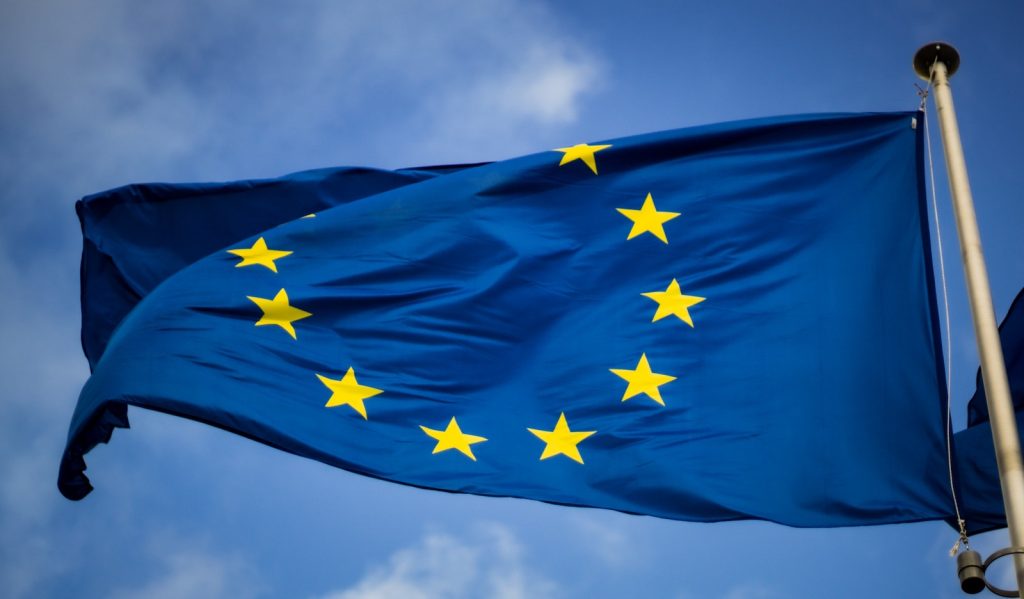European lawmakers are gearing up to make significant changes to the internet landscape. The European Commission is set to unveil its much-anticipated Digital Markets Act (DMA), which aims to rewrite the rules governing the online space. This landmark legislation seeks to create a fair and competitive digital market for businesses and consumers alike.
The Digital Markets Act focuses on big tech companies, particularly those with significant market power. It aims to curb the influence of these dominant players, promoting a more level playing field for smaller businesses to thrive. The legislation targets tech giants’ monopolistic practices, such as the unfair use of data and preferential treatment of their own services over competitors’.
Reigning in Big Tech
The DMA comes as a response to growing concerns over the immense power wielded by companies like Google, Amazon, Facebook, and Apple. These tech giants have faced criticism for stifling competition, hindering innovation, and compromising user privacy. The European Commission’s proposed regulations seek to address these issues head-on.

Under the Digital Markets Act, companies designated as “gatekeepers” will face strict rules to prevent anti-competitive behavior. These gatekeepers will be required to share data with competitors, ensuring fair access to vital information. Additionally, they will face restrictions on pre-installing their own applications on devices, further promoting competition and consumer choice.
Fair Competition and Consumer Protection
The Digital Markets Act also seeks to empower consumers and protect their rights. Online platforms will be obligated to provide transparent information on their ranking algorithms, offering users greater visibility into how search results and recommendations are generated. This transparency aims to create a more accountable and trustworthy online environment.
Moreover, the legislation will prohibit certain unfair practices, such as blocking users from uninstalling pre-installed applications or tying unrelated products and services together. These measures are designed to enhance consumer choice and foster an environment where innovation can flourish.
Attracting Both Support and Opposition
While the DMA has garnered significant support from consumer advocates and small businesses, it has also faced opposition from tech industry lobbyists. Big tech companies argue that the regulations could stifle innovation and hinder their ability to invest in new technologies.
On the other hand, proponents of the DMA contend that these regulations are essential for fostering a competitive and vibrant digital economy. They believe that reigning in the power of tech giants will create more opportunities for startups and small businesses to enter the market and drive innovation.
Upcoming Challenges and Implications
As the European Commission prepares to unveil the Digital Markets Act, the proposal will likely undergo further scrutiny and debate. Once the legislation is enacted, companies designated as gatekeepers will need to comply with the new rules, facing potential fines and other penalties for non-compliance.
The DMA’s implementation could also have implications beyond Europe’s borders. Other jurisdictions around the world may take inspiration from the EU’s approach and consider similar measures to address concerns related to big tech dominance.
A Balancing Act for the Digital Age
The European DMA represents a significant step towards rewriting the rules of the internet and fostering a more competitive and consumer-friendly online ecosystem. Striking the right balance between curbing tech giants’ power and encouraging innovation will be a challenging yet crucial task for policymakers.
The new legislation is poised to reshape the digital landscape, and its success will hinge on effective enforcement and ongoing adaptability to the evolving tech industry. As Europe prepares to rewrite the rules of the internet, the global tech community will closely observe the outcomes, anticipating potential ripple effects worldwide.
The European DMA’s far-reaching implications extend beyond the continent’s borders, as it is expected to have a global impact on the tech industry. Other countries and regions are closely observing the regulatory approach taken by the European Commission, and some may choose to adopt similar measures to address concerns related to the dominance of big tech companies.

The United States, for instance, has been grappling with its own antitrust concerns and has initiated several investigations into the market power of tech giants. The DMA’s implementation in Europe could serve as a reference point for U.S. lawmakers as they consider potential regulations to promote competition and protect consumers.
Moreover, Southeast Asian countries, known for their burgeoning tech markets, may also find inspiration in the European DMA. As their digital ecosystems continue to evolve rapidly, these countries may seek to implement measures to ensure a level playing field for both local and foreign tech players, bolstering innovation and consumer protection.
In addition to inspiring regulatory actions, the DMA could also spur tech companies to reassess their global operations. With Europe enacting stringent rules on gatekeepers, companies may need to rethink their business practices to comply with these regulations. Such adjustments could result in changes to business models and data-sharing practices not only in Europe but also in other regions where they operate.
In conclusion, the European DMA is a significant milestone in the ongoing quest to shape the internet’s future. By rewriting the rules to address the challenges posed by big tech dominance, Europe is setting an example for other regions to follow suit. The journey towards a fair, competitive, and consumer-friendly digital landscape has begun, and the world will be watching to see how this transformative step forward unfolds.


